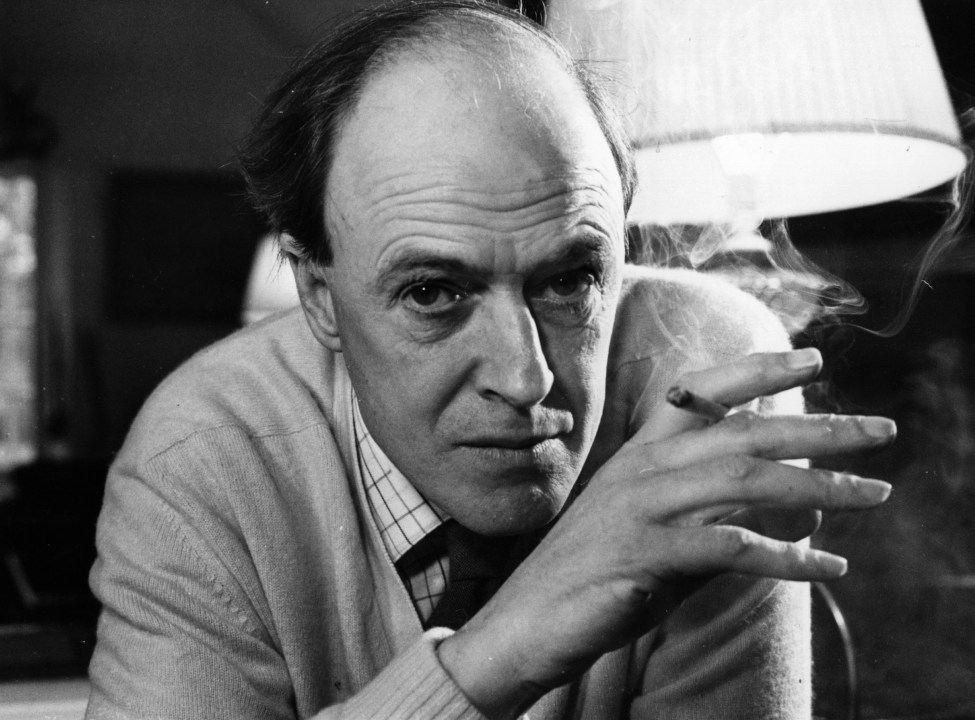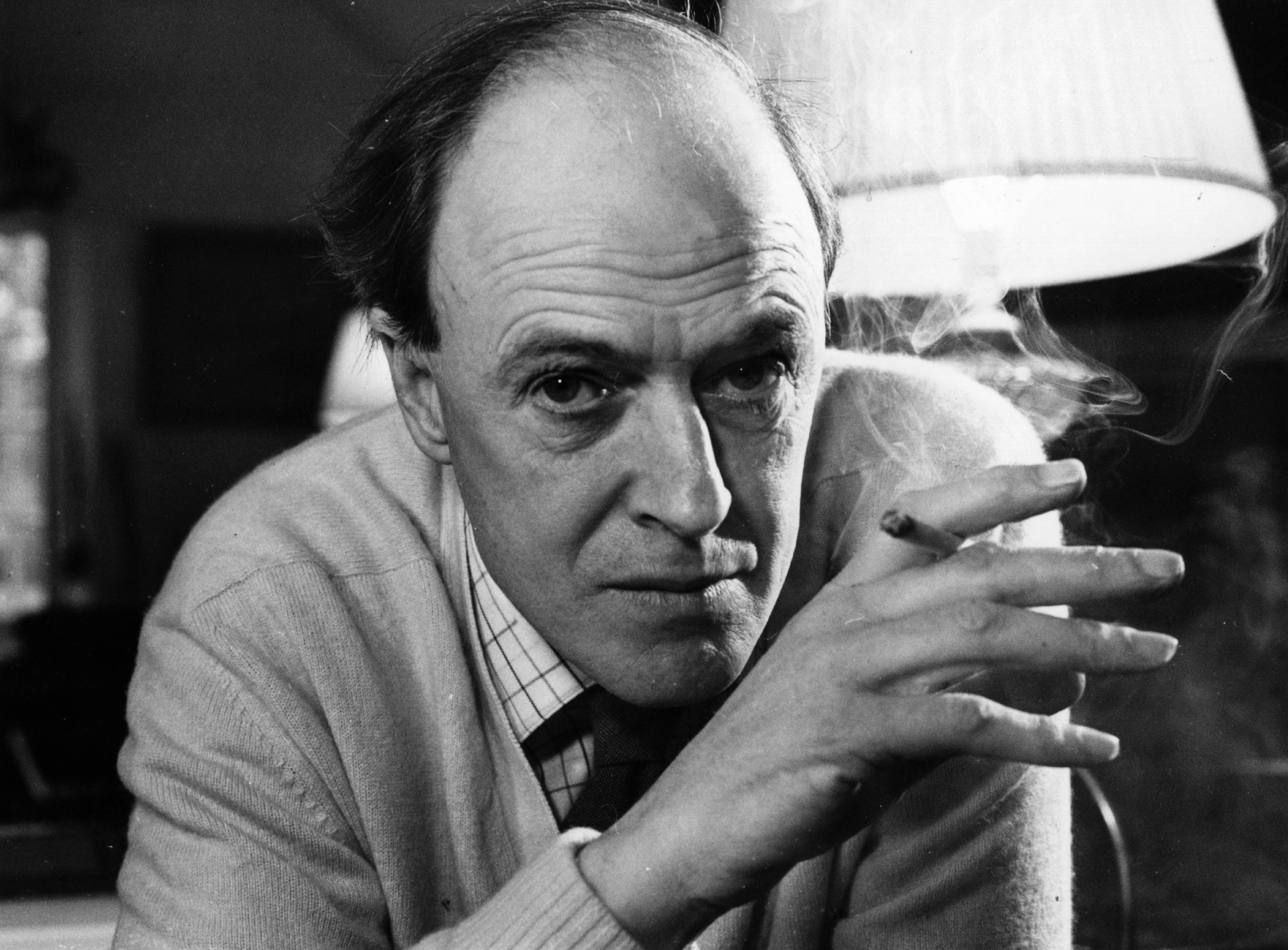Roald Dahl died in 1990. So why does it matter today that he was an anti-Semite? Why has his family apologised thirty years on? And should his work be cancelled as a result? Or, to paraphrase the bible, should the sins of the author be visited upon the third and fourth generations who profit from his work?
In September 1983, Israeli TV stopped broadcasting Roald Dahl’s Tales of the Unexpected to avoid paying royalties to an anti-Semite, making Dahl the third person whose work was excluded from the still-young state’s airwaves after Wagner and Strauss. Dahl had just published a book review considered to be so aggressively anti-Semitic that Paul Johnson described it in The Spectator the following month as ‘the most disgraceful item to appear in a respectable British publication for a very long time’.
Writing of Israel’s actions in Lebanon, Dahl compared the Jewish state with Nazis: ‘Never before in the history of man has a people switched so rapidly from being much-pitied victims to barbarous murderers.

Britain’s best politics newsletters
You get two free articles each week when you sign up to The Spectator’s emails.
Already a subscriber? Log in







